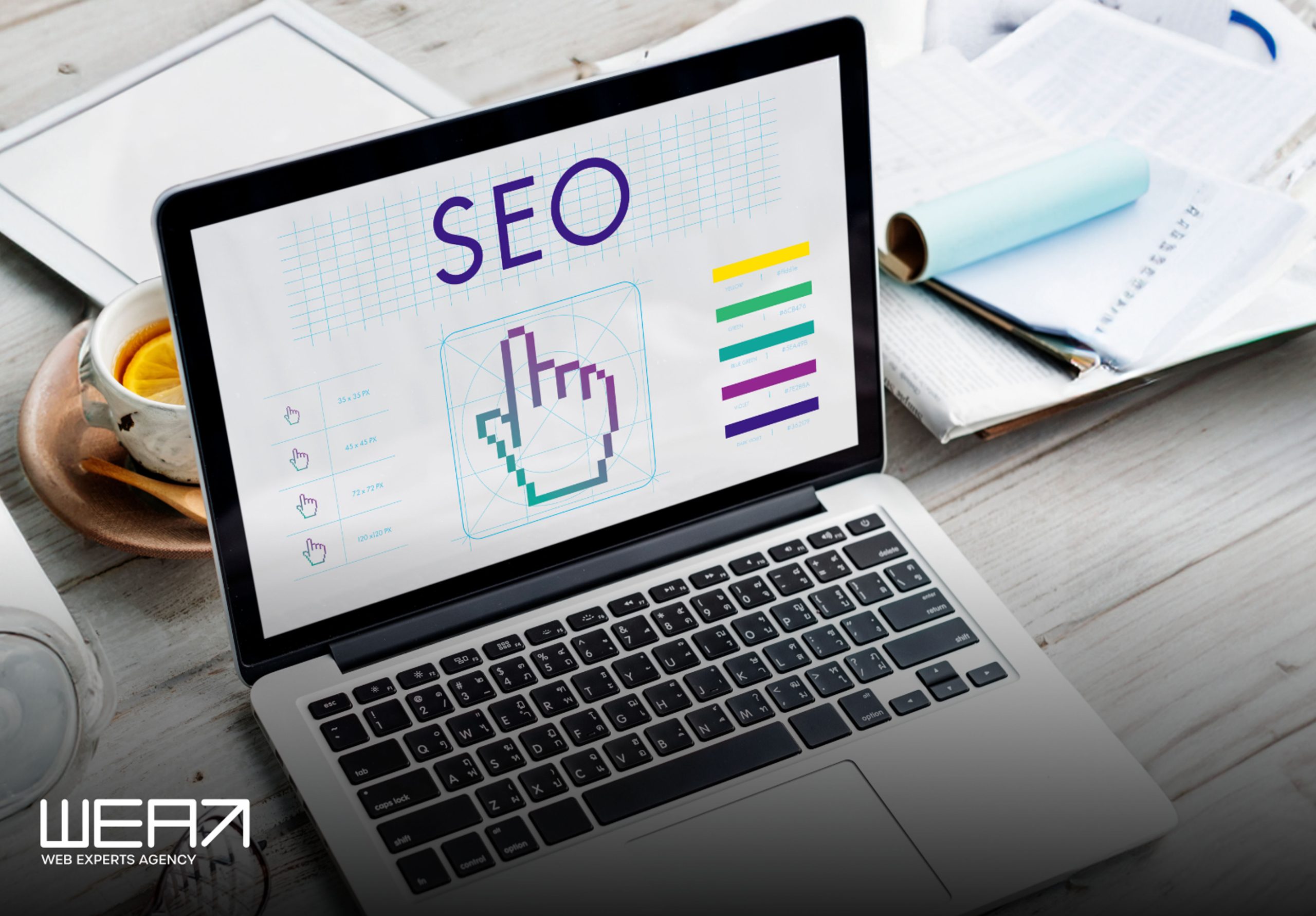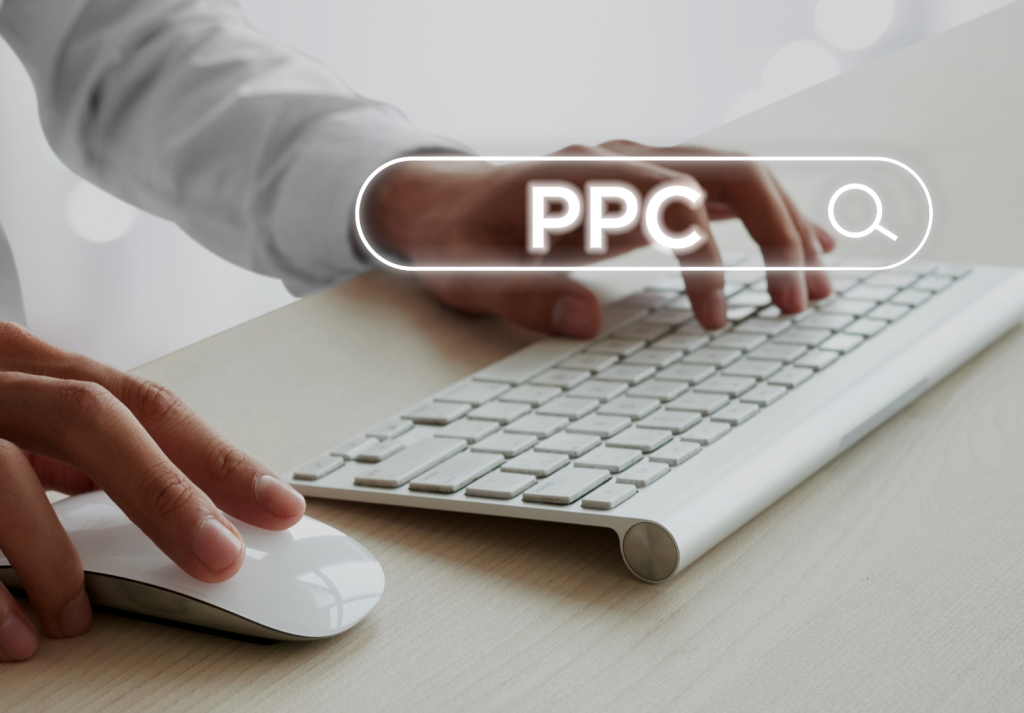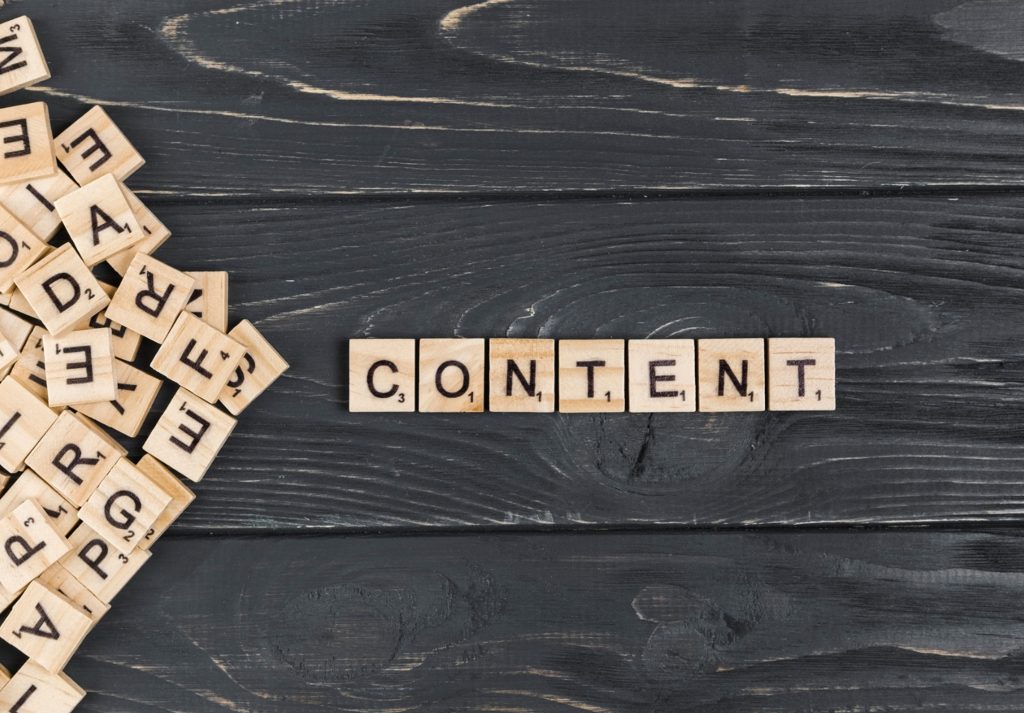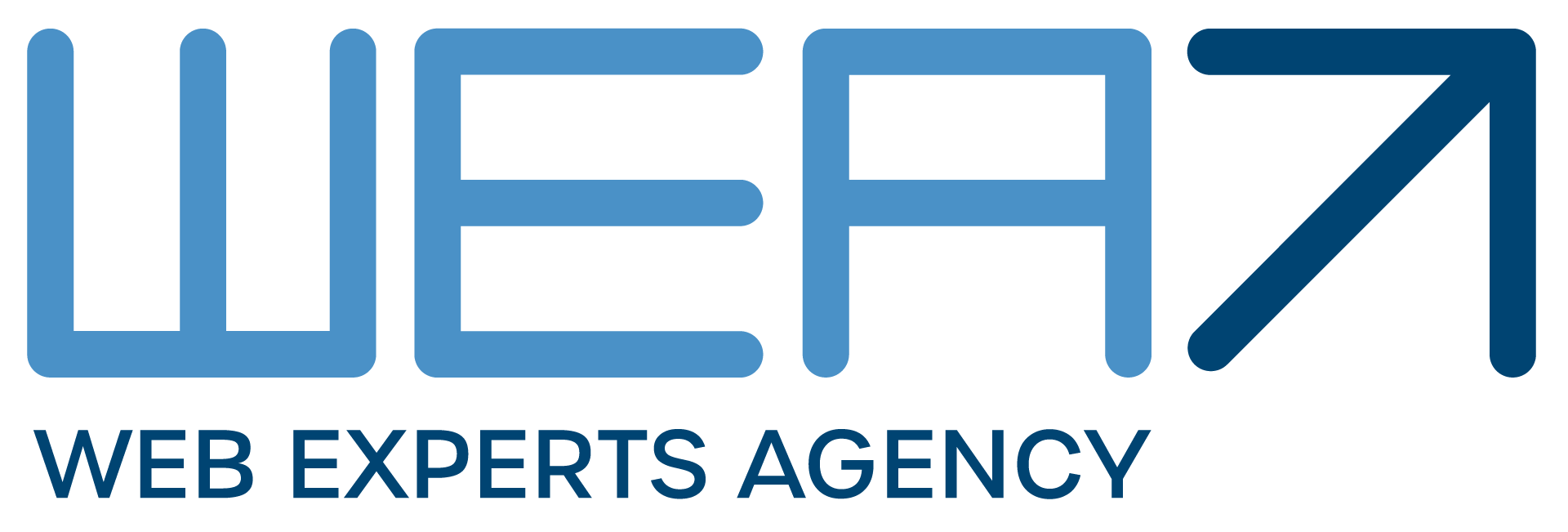
Introduction
Search Engine Optimization (SEO) and Pay-Per-Click (PPC) are two crucial components of online marketing that, when combined effectively, can amplify a brand’s online presence. The top organic result averages a 27.6% click-through rate. SEO involves optimising a website’s content, structure, and backlinks to enhance its visibility in organic search results. This long-term strategy aims to improve a site’s ranking, driving sustained traffic.
On the other hand, PPC is a more immediate approach where advertisers pay a fee each time their ad is clicked. It ensures instant visibility on search engine result pages. While SEO builds organic credibility over time, PPC offers immediate visibility. PPC traffic achieves a 50% higher conversion rate than organic visitors. These strategies complement each other when integrated, creating a holistic digital marketing approach. PPC can provide quick wins, while SEO works on building lasting authority. Moreover, data from PPC campaigns can inform and refine SEO strategies, creating a symbiotic relationship that maximises online visibility and conversion opportunities.
Understanding SEO
SEO, or Search Engine Optimization, is like the magic behind getting your website to appear when you search on Google. It’s not about paying for ads but making your website attractive to search engines. Imagine your website is a library, and SEO is organizing the books to make it easy for people to find what they want.
To break it down, it involves making sure your website has cool and helpful stuff (content), other websites think you’re fantastic (backlinks), and everything works smoothly (technical stuff). The coolest part? Unlike ads, where you pay every time someone clicks, SEO keeps working its magic over time. As your website becomes more popular with search engines, it becomes a trusted source, like a favourite librarian, bringing in visitors who trust and like what you offer. So, SEO is like making your website the go-to spot in the online library.
Understanding PPC
PPC, or Pay-Per-Click, is like the express lane of online advertising. Instead of waiting in line for your website to appear in search results naturally, you pay a small fee whenever someone clicks on your ad. Imagine it as a shortcut to get your business right in front of people when they’re searching for something related to what you offer.
Platforms like Google Ads and Bing Ads are the stage where you can showcase your ads. Here’s the cool part: you bid on specific words (keywords) that match what people might type in when looking for things online. If your bid is the highest, your ad is spotlighted on the search page.

Its instant results make PPC a speedy superhero in the advertising world. Once you set up a PPC campaign, your ads can zoom to the top of search results almost immediately. It is handy for flash sales, new product launches, or simply wanting to splash online quickly. So, PPC is like the superhero that helps your business skip the line and get noticed immediately.
Complementary Roles of SEO and PPC
Think of SEO and PPC as dynamic duos working together to boost your online presence. They both start with keyword research, like figuring out the words people type when searching for stuff. SEO optimizes your website to naturally show up for these words, while PPC involves paying a little to ensure your ad appears when someone searches those exact words.
Now, let’s talk about credibility – the trust factor. When your website appears in the regular search results and as an ad, it’s like getting a gold star. People see you as a trustworthy source because you’re everywhere they look. It’s like being recommended by your friend and an excellent expert simultaneously.
The magic happens when SEO and PPC share their secrets. Imagine SEO learning from PPC about the best words and phrases that get people clicking. Conversely, PPC gets tips from SEO about what content on your site is a big hit. This teamwork means your website is noticed and becomes an absolute superstar online. So, SEO and PPC? They’re like the Batman and Robin of the digital marketing world, always backing each other up to make your brand shine.
Integrated Content Strategy
Imagine your website is a storybook, and SEO and PPC are the authors working together to make it a bestseller. They start by finding the right words people use when looking for things – these are the magical keywords. SEO and PPC must use these keywords cleverly to make your storybook shine.
Content alignment is like making sure the story makes sense from start to finish. The keywords they found together are plot twists – they need to be in both the story (your website content) and the exciting ads (PPC). This way, when people read or see your story, it feels familiar and trustworthy, like a favourite tale.

But there’s a special place where all the action happens – the landing pages. Think of them as the most thrilling chapters. SEO and PPC want these pages to be perfect. They sprinkle the keywords here, making it easy for readers (your visitors) to find what they want. When these pages are like treasure maps, showing exactly what people want, it makes them happy, makes the ads cost less (yay for your budget!) and helps them appear in the spotlight more often. So, with SEO and PPC working hand in hand, your website becomes a story everyone wants to read.
Budget Optimization
Managing your online budget is like handling your pocket money wisely; SEO and PPC are your financial advisors. Think of SEO as a long-term investment – you put some cash in at the beginning, making your website awesome, and then enjoy the benefits for a long time. It’s like planting a tree; you water it once, and it gives you fruits forever.
Now, PPC is like an incredible magic trick. Each time someone clicks on your ad, you spend a bit, and your website immediately pops up. But here’s the catch: you must keep spending for it to work. So, it’s like buying a treat every time you want one.
Here’s where the magic of adjusting strategies comes in. If a particular word (let’s call it a super-special keyword) gets a lot of attention with PPC, you can use it more in the long-term SEO plan – it’s like getting a popular toy and sharing it with everyone. On the flip side, if your website becomes a star in organic searches, you can use PPC to boost it, like a superhero getting a power-up.
On average, small to mid-sized companies spend $9000 to $10,000 monthly for PPC campaigns. So, with your budget buddies SEO and PPC, you’re not just spending money – you’re investing it smartly and ensuring your online piggy bank grows over time.
Tracking and Analytics
Imagine your website is a treasure map, and tracking and analytics are your trusty compass and map-reading skills. Now, SEO and PPC are like your buddies, helping you follow the map and find the hidden treasures – these treasures are your business goals.
Conversion tracking is like putting little flags on the map whenever someone moves closer to your treasure. Did they click on an ad? Flag! Did they explore your website? Flag! When they finally do what you want, like buying something or signing up, that’s a big flag marking the treasure found. It helps you understand people’s journeys and what makes them go for the gold.
Now, attribution models are like giving credit where credit is due. SEO and PPC are like heroes in different parts of the treasure hunt. Multi-touch attribution means acknowledging each hero’s role – maybe SEO led them to the map, and PPC guided them to the treasure. It’s like saying, “Good job, both of you!” This way, you know which heroes are rocking the adventure, and you can plan future quests better. So, with your trusty compass and buddies SEO and PPC, you’re not just exploring; you’re conquering the online treasure hunt!
Challenges and Consideration
Picture your website like a garden, and keyword cannibalization is like planting the same flowers in different spots –competing for sunlight and water. That’s what happens when multiple pages on your site go after the exact words people use when searching. It’s like having a friendly race, but everyone simultaneously tries to cross the finish line.
To avoid this, consider carefully keyword mapping, such as giving each flower its patch. Each page on your website should have a unique purpose, targeting specific words. It’s like planning a garden where each plant has its place, making the whole garden more beautiful and compelling.

Competitive analysis is like spying on the neighbours’ gardens to make yours stand out. SEO and PPC must deal with many other gardens (websites) trying to grow the same flowers (keywords). You can make your garden shine brighter by understanding what your neighbours are up to – their words, their talk about their plants (ad copy), and their overall strategies. It’s like getting inspired by others but adding your unique touch to make your garden the talk of the town. So, with careful planning and a little spying, your website’s garden will bloom and stand out in the online neighbourhood!
Conclusion
To sum it up, combining SEO and PPC is like having the perfect recipe for online success. SEO works like a slow-cooked stew, building long-term trust and visibility, while PPC is like a microwave, giving you instant attention and quick results. When these two work together, along with a well-planned content strategy, smart budgeting, and clever analytics, it’s like having a superhero team for your business.
Imagine SEO as the foundation, steadily building a trustworthy reputation, and PPC as the spark that immediately lights up your brand. It’s not just about being seen; it’s about creating a powerful combo that keeps your business growing and thriving online. So, by bringing these two marketing superheroes together, you’re not just cooking up success – you’re serving a feast for your business in the digital world.
FAQs
Q. What is the difference between SEO and PPC?
A. SEO (Search Engine Optimization) is about optimising your website to rank higher in organic search results. At the same time, PPC (Pay-Per-Click) involves paid advertising, where you pay each time someone clicks on your ad.
Q. How do SEO and PPC work together?
A. SEO and PPC work together by complementing each other’s strengths. SEO builds long-term credibility and organic visibility, while PPC provides immediate exposure. Collaborative keyword research and data sharing enhance their synergy.
Q. How does integrated content strategy benefit SEO and PPC?
A. An integrated content strategy aligns SEO and PPC efforts by incorporating jointly researched keywords into website content and ad copy. It ensures consistent messaging across organic and paid channels, enhancing brand relevance.




